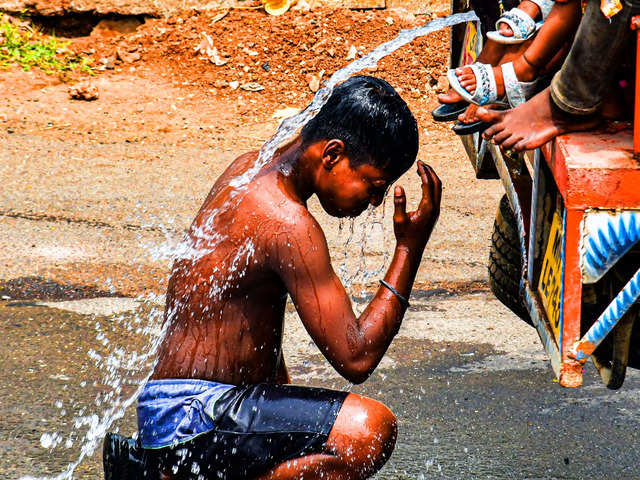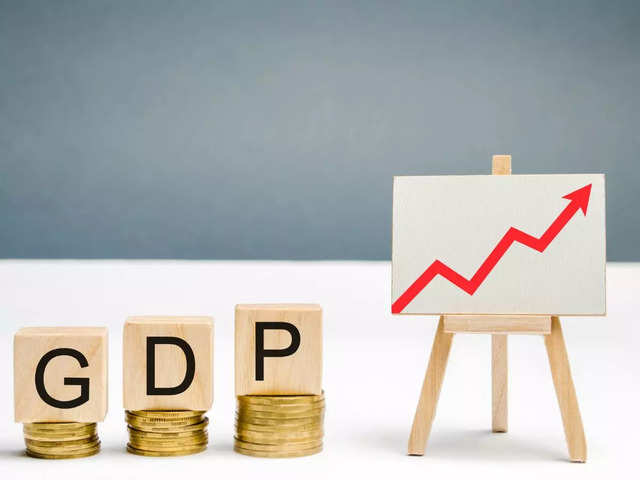
Arun Srinivas, Director and Head - Global Business Group, Facebook IndiaFacebook India
Arun Srinivas, Director and Head - Global Business Group at Facebook India tells us the role Facebook has been playing ...
Aug 16, 2021, 10:00 IST
ad-tech
The pandemic made businesses harness the power of social media to target consumers, here’s how Facebook is aiding brands in their digital commerce journeys
Aug 16, 2021, 10:00 IST
Arun Srinivas, Director and Head - Global Business Group at Facebook India tells us the role Facebook has been playing ...
- Since the pandemic, brands have had to speed up their digital transformation. Many brands are now using
Facebook , Instagram andWhatsApp not just to stay connected with consumers but to sell their products directly to them as well. - Brands are also increasingly using innovative technologies like AR and VR to engage with consumers on social media platforms.
-
Arun Srinivas , Director and Head - Global Business Group atFacebook India tells us the role Facebook has been playing in helping brands in their social media commerce journeys.
In India, over 416 million people access Facebook every month. Of these, 255 million people access Facebook every day, thereby presenting a massive opportunity for brands to target consumers where they spend a lot of their time virtually.
“Over the last few years, and especially in the last 1.5 years, we have seen consumer behavior change drastically. Sectors across the spectrum, be it online groceries or more traditional sectors like banking, have understood the power of digital and have been asking how to make their consumer’s lives simpler. Last year, a traditional organization like the
How Facebook is helping brands stay connected with audiences
When the pandemic hit, brands big and small were faced with major supply chain disruptions. For many, business came to a complete standstill. However, platforms like Facebook helped them stay connected with the audiences. Once things started slowly opening up, there was a change in consumer behavior where people started getting comfortable with buying online and a lot of brands across the spectrum realized the benefits that came out of Facebook, Instagram and Whatsapp’s massive reach.
“Today, our platforms reach over 400 million people and more than 250 million people log in every day, so in some sense, it is like a census of India's internet. And whether it is Facebook, Instagram or WhatsApp, we are in leading positions and we have witnessed massive adoption, across the length and breadth of the country. It's not just that our numbers have grown month-on-month in terms of people coming onto our platforms, time spent and engagement on these apps have also significantly gone up. When it comes to video, India and the US are the top two markets of video adoption globally and when we started marketing Facebook Watches which is our video platform, advertisers started seeing the benefit too. Video and especially short-form videos like Reels are helping communities engage with the platform through the power of content and creators. It is also helping businesses understand these communities and creators and finding a synergy to really market their businesses around them,” added Srinivas. On an average, over 6 million Reels are produced in India every day (as of the last 3 months - July 2021).
Facebook’s consumer survey with
The pandemic also pushed a lot of offline retailers who had been easing into their online journeys speed up their digital transformation. This has prompted a host of innovations like BOPIS (Buy Online, Pick-up In Store), to make their shift to online quick and seamless. Businesses in the watches and jewellery segments that have adopted BOPIS are seeing traction from consumers who are comfortable shopping this way.
The advent of discovery commerce
Meanwhile, the pandemic also led to the advent of discovery commerce in India. Today, many consumers are increasingly discovering products and brands online. And as one of the most important channels of discovery in the virtual world, social media is an essential link in the path to purchase.
A recent online survey commissioned by Facebook with
Explaining how discovery commerce is an important trend to watch out for, and how Facebook is aiding in its growth, Srinivas added, “If you look at the first phase of e-commerce, it was largely around, what you're clear on, what you're looking for, and then you look for the products within the same category, and then you end up buying those. But the pandemic has really started shaping the next stage of evolution in commerce, which is discovery. You discover a lot of these brands for the first time on your Facebook or Instagram profiles, you end up getting interested in the products and then you are directed to that particular website to fulfill the transaction. Brands come up with new products or innovations, but as a brand, how do you really make sure consumers know about the launch? Discovery commerce is all about discovering a product on your feed, debating on whether to buy the product or not and then eventually finding a way to transact. This is a trend that we are seeing a lot in the US and Canada but we are also seeing early signs of that in India.”
INSIDER INTELLIGENCE REPORTS







